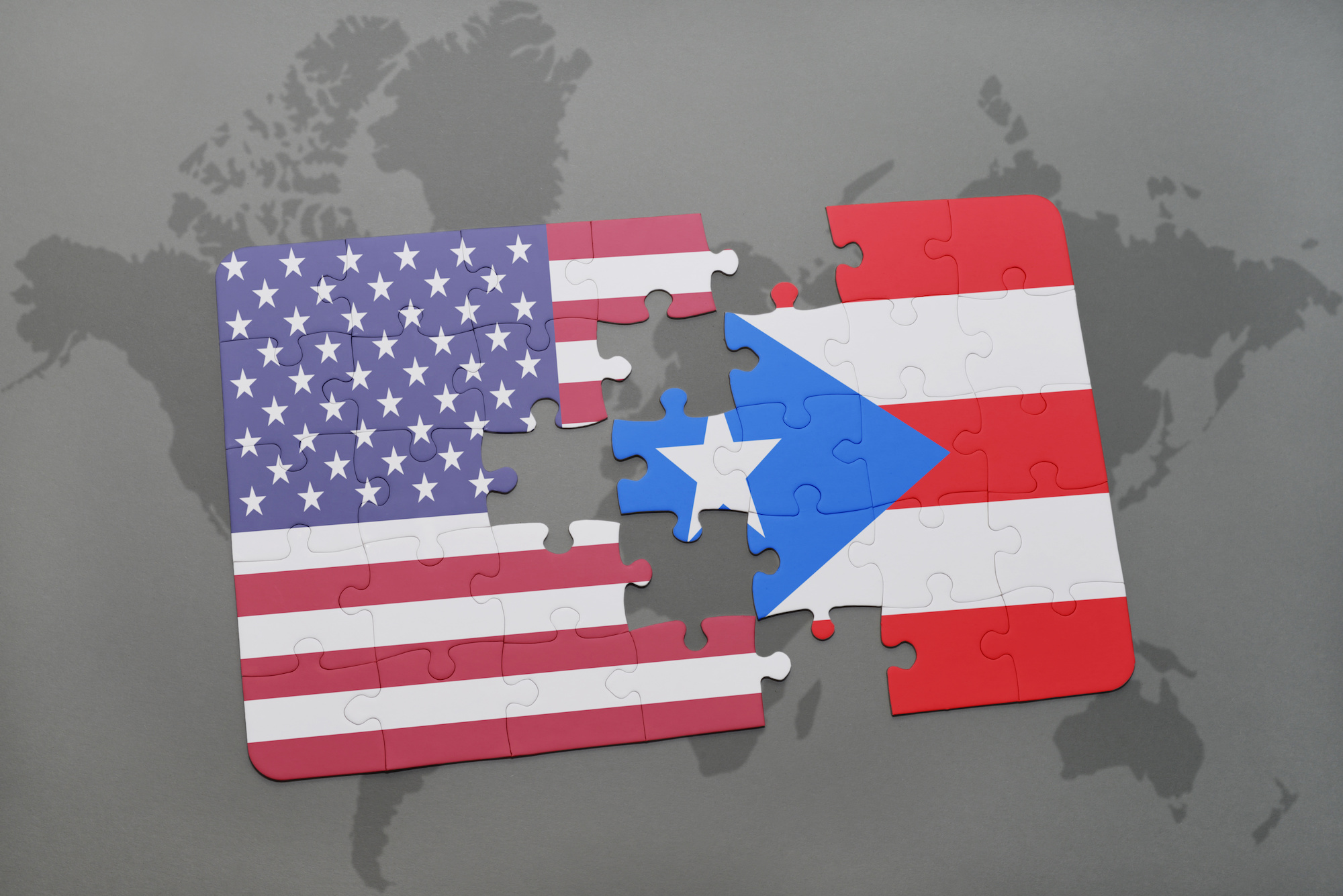The Puerto Rico Status Act now being considered by the U.S. Congress offers a choice among three political status options for Puerto Rico:
- statehood
- independence
- free association
Frequent commenter Dennis Freytes made this comment about free association: “It is nonsensical to say ‘Free Association’ is a Status (to fool or confuse People)… The clear sensical/logical FACTS are: Free Asociation is the name of a PACT (between Soveraign Nations)…. Thus, the Status definition should be clear: ‘Independence with Free Association Pact’ (so as to not confuse People).”
Is free association a separate political status?
Well, no, not really. As Freytes points out, nations in free association with the United States (there are three of them) are independent nations with a compact of free association negotiated between their country and the United States. Yet supporters of the free association option insist that free association is different from independence.
Why? One strong possibility is that, as Freytes suggests, they want to confuse and fool people. Supporters of free association often have been supporters of “enhanced commonwealth” who are now describing free association in the same terms they’ve always used for “commonwealth.” They are suggesting that free association could include U.S. citizenship or that Puerto Rico could keep all the financial advantages of territorial status without having to pay any attention to federal laws.
However, free association is described by the United Nations as something different from independence. It has been something different from independence for some nations at some points in time. The term has been used, for example, for the relationship between Switzerland and the Vatican, the relationship between Laos and France when Laos was a possession of France, and the relationship of the Cook Islands and New Zealand. These are all different relationships.
Could it be a separate status for Puerto Rico?
The point is, Puerto Rico is not proposing free association with Denmark in the 1950s, nor with France in the 19th century, but with the United States in the 21st century. For the U.S., free association is a relationship with an independent nation. Theoretically, Puerto Rico and the United States could come up with some completely new idea — like the “enhanced commonwealth” fantasy — but any new arrangement would have to be consistent with the U. S. Consistution. The enhanced commonwealth and the definition of “free association” in the Puerto Rico Status Act both fail that test.
Why does the Puerto Rico Status Act list free association as a separate option from independence? It is a compromise bill, and free association supporters insist on that separation. It probably will never become an issue, because voters will not choose that option. However, it is important that the options on the ballot for the final status vote be accurately described, and that all of them are options the U.S. would be willing to accept. We should not pretend that free association with the U.S. would not require independence, or that Puerto Rico could return to territory status if a compact of free association ended, or that it could include guaranteed U.S. citizenship.








One response
Good factual Article!